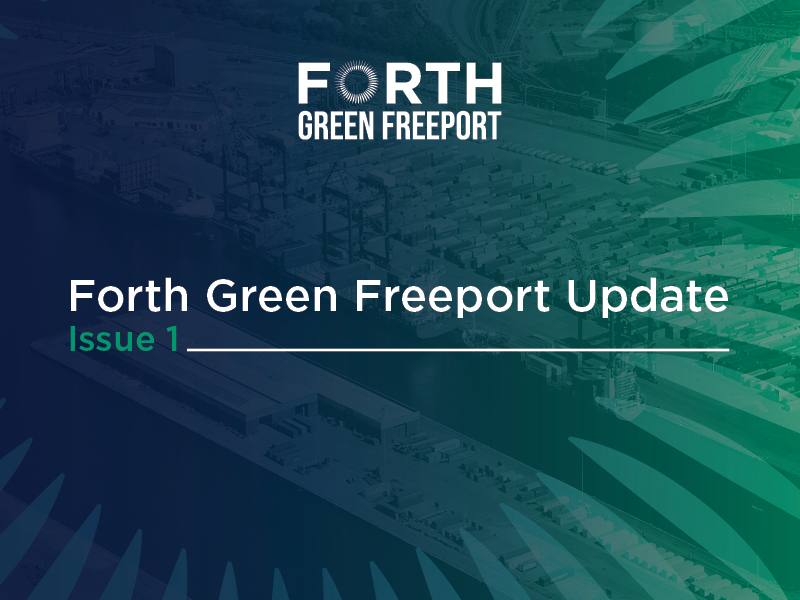Stuart Wallace from Forth Ports who Chairs the Forth Green Freeport (FGFP) Steering Group, introduces the FGFP Update and tells you what you can expect from us.

The Scottish and UK Governments have selected two Green Freeports in Scotland – Forth Green Freeport (FGFP) and Inverness & Cromarty Firth Green Freeport.
A Green Freeport is a large, zoned area within a defined outer boundary which includes a rail terminal, sea port or airport or a combination of these. Operators and businesses in the zone can benefit from a package of tax, customs and other incentives through a combination of devolved and reserved levers. There are three tax sites covering Grangemouth, Rosyth and Leith, totalling around 550 hectares of land. The outer boundary covers Falkirk in the west, Edinburgh in the east, West Lothian in the south and Fife in the north, extending approximately to a 45km radius.
Green Freeports aim to boost innovation and inclusive growth within their communities, while supporting Fair Work First practices, creating new green jobs, upholding the highest environmental protections and supporting economic transformation.
Green Freeports are required to contribute to four key policy objectives:
- promoting regeneration and high-quality job creation – the lead policy objective
- promoting decarbonisation and a just transition to a net zero economy
- establishing hubs for global trade and investment
- fostering an innovative environment
What is Forth Green Freeport all about?
The FGFP consortium comprises both private and public organisations. The partners include:
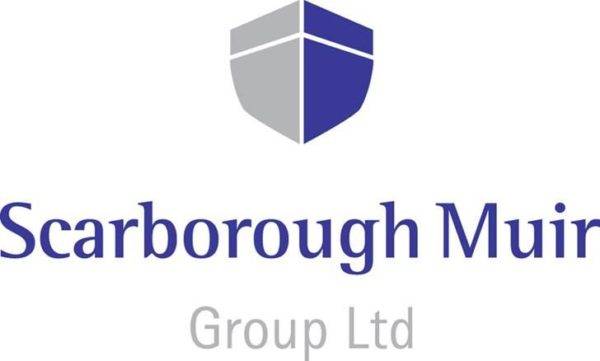
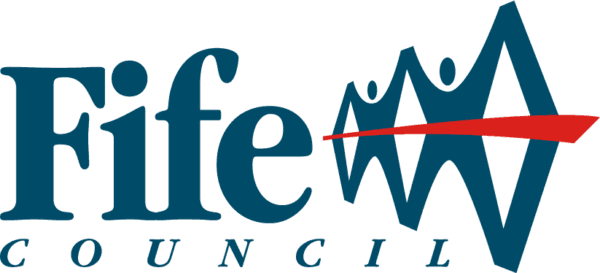
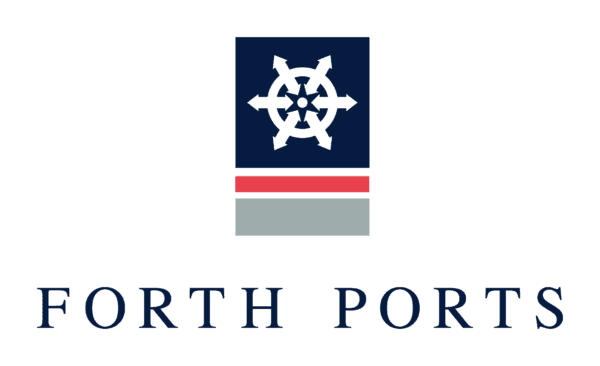
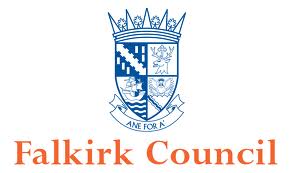
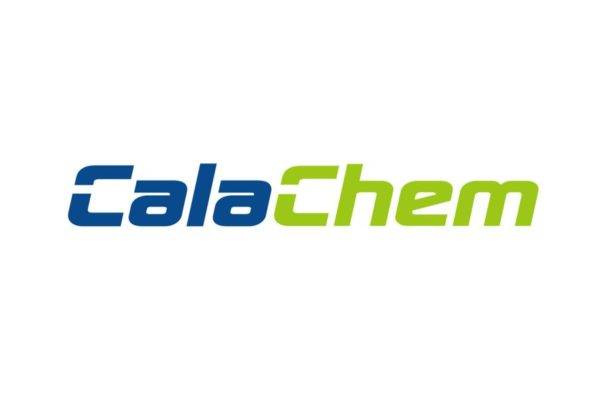

FGFP will act as a catalyst for the re-industrialisation of Scotland, creating economic development for the whole of the country, driven by the need to help deliver a just transition to Scotland’s net zero targets.
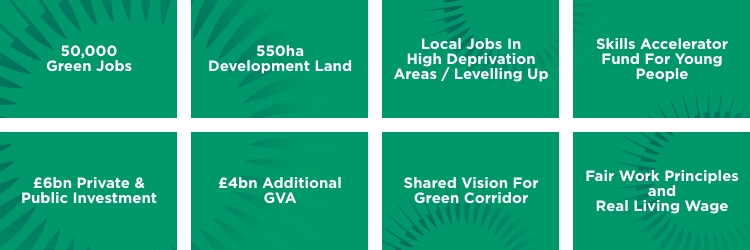
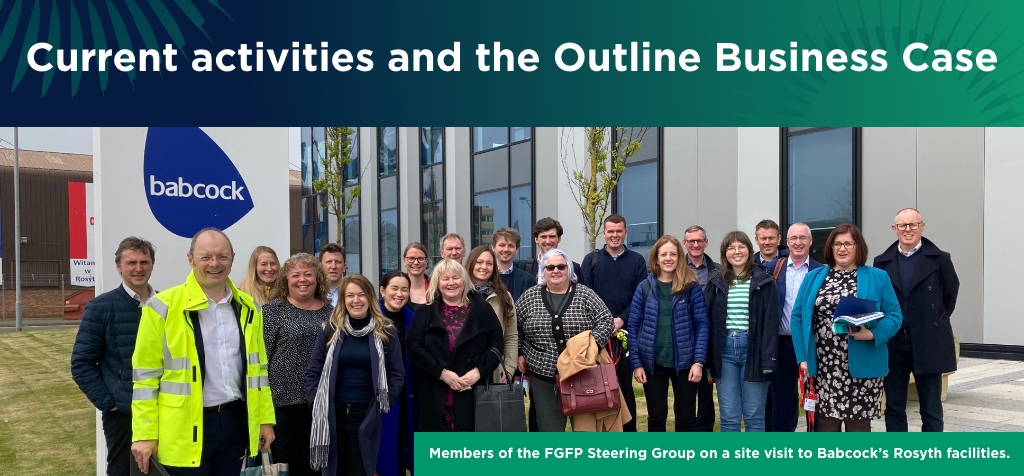
The FGFP bid proposal was one of the two bids in Scotland that were successfully shortlisted in January. Since then, all of the consortium partners, including both private and public organisations, have been focussing on ensuring that the delivery of the bid’s vision has a solid foundation with strong governance at its core.
Robust governance is a key element that all partners want to demonstrate from the start. A Steering Group has been established which meets monthly and includes all the partners, as well as representatives from both the Scottish and UK Governments and Scottish Enterprise to ensure this is an inclusive and transparent process.
A Board has also been formed, again with representatives from all partners, and it will hold its first meeting in mid-June. The Board members are:
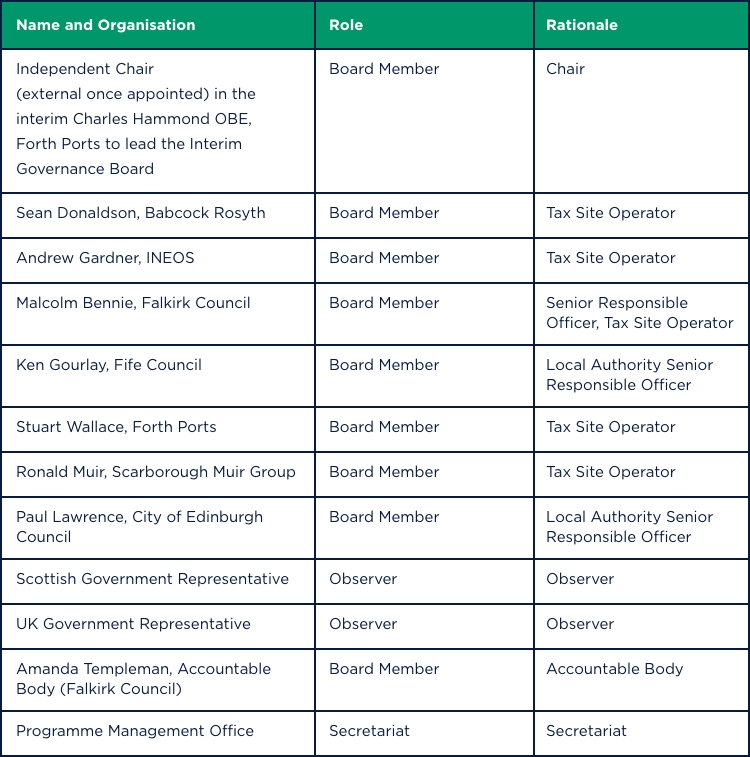
There’s a list of contacts for all consortium partners at the end of this update.
Reporting into the Steering Group, there are six workstreams:
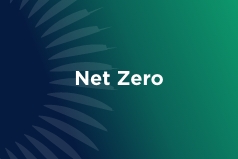

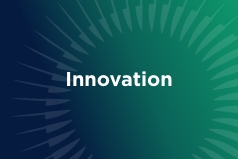
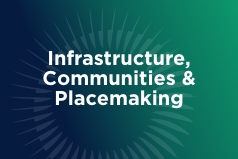
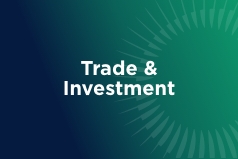

These workstreams have representation from across the consortium with one lead appointed to report into the Steering Group each month. These workstreams represent the best opportunities to deliver a successful Green Freeport that will create high quality, green jobs and help Scotland make a just and fair transition to a net zero economy.
A key element of the project is the Forth Green Freeport PMO (Programme Management Office) which will sit within Falkirk Council. The main responsibilities of the PMO are Governance and Assurance and managing the public sector financing. Working with the workstreams, the PMO will oversee the preparation of the Business Case, coordinating the evidence base for the Outline Business Case (OBC) and Full Business Case (FBC) including detailed analysis for the economic, commercial, and financial cases. The PMO is currently recruiting people to join the team.
The main activity for the consortium is the development of the OBC. This is a major piece of work as the partners work together with input from all the workstreams to realise the collective vision outlined in the bid proposal. The consortium will work with both governments over the coming months to create the OBC which will be submitted later this year. Once this has been approved, the partners will then develop the FBC which will describe in even more detail how the vision will be achieved. There will be more news on the progress of this in the next FGFP Update.

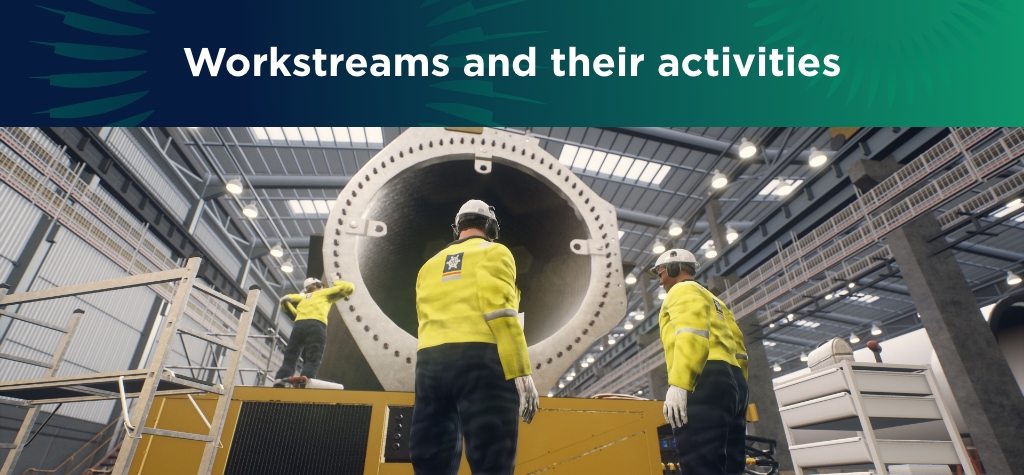
There are six workstreams as part of the development of the FGFP OBC:
- Net Zero
- Skills & Fair Work
- Innovation
- Infrastructure, Communities & Placemaking
- Trade & Investment
- Communications & Engagement
These workstreams have representation from across the consortium and report monthly into the Steering Group. A summary of the role of each of the workstreams is below:
Net Zero
The influence of the Net Zero worksteam will be felt across other workstreams as it sets out to demonstrate the positive impact of the FGFP in delivering a just transition to net zero. Its approach will be to clearly show that the FGFP partners’ contributions to achieving net zero, allied with the proposed infrastructure projects and clear expectations of inward investors, will deliver a positive impact in terms of emission reductions. This is the essence of being a “Green” Freeport. The worksteam will take account of those emissions within FGFP which the partners can control and will seek to extend our influence to reduce carbon emissions far beyond, supporting decarbonisation across Central Scotland and enabling development of renewables.
Skills & Fair Work
With ‘promote regeneration and high-quality job creation’ being the Green Freeports’ lead objective, this workstream is specifically focussing on analysing the local labour market and any skills gaps to understand current challenges as well as future skills provision, including how skills may need to adapt or change to support the just transition to net zero. The workstream is currently building an understanding of the makeup of the jobs that will be created as part of the FGFP – the ‘when, where and what’ of these – as well as establishing a plan for working with employers to integrate the Fair Work First principles across all workplaces.
Innovation
Innovation is at the heart of the aspirations of FGFP and the workstream dedicated to this have identified a number of current projects across the worksteam as well as drafting an outline strategy structure. This will help to create an Innovation and Skills Cluster to advance large scale manufacturing activity in the FGFP. This is essential if we are to create the skilled workforce and production efficiency needed for the FGFP to focus on emerging opportunities for offshore wind, energy transition and shipbuilding. Research, development and demonstration are key areas for us to enable us to meet the high value manufacturing skills demand required for the region to fulfil its potential.
Infrastructure, Communities & Placemaking
Key activities for this workstream include the prioritisation of seed funding focused on tax site development, coordinating input from key partner agencies, development of place-based investment fund projects and other proposals to be funded via retained business rates and feeding all of these into the OBC development process.
The workstream will lead on wider place-making and community directed investments and has commenced the work to deliver a place strategy for the wider FGFP area. This will prioritise the investment of future retained business rates and the delivery of wider community benefits flowing from infrastructure investment.
Trade & Investment
New sustainable trade and investment opportunities are key to a successful FGFP. Attracting new business will drive economic activity to support the wider policy objectives around regeneration, decarbonisation and just transition and innovation across the Green Freeport boundary and beyond. A dedicated Trade & Investment workstream is looking at all the elements of bringing new business to the area, including marketing and promotion strategies, technical requirements around planning and consenting and site management, fully utilising the toolkit of incentives and other levers that Green Freeport status brings.
Communications & Stakeholder Engagement
Helping everyone to understand the vision for the FGFP, the progress that’s being made and the benefits it could bring to communities in Scotland is vital. That’s why we have a dedicated workstream that focuses on communication and stakeholder engagement.
The workstream has two areas of focus: 1. To keep everyone up to date about the progress of the project as we go through the OBC to the FBC; 2. ensuring that, once operational, FGFP communicates effectively to ensure that it meets everyone’s expectations.
To achieve this, we’re drawing on the considerable communications expertise of all the consortium partners – ensuring that the project’ progress is communicated regularly and effectively to everyone who has an interest in this important initiative.
The consortium workstream partners will engage and consult with local, regional and national stakeholders to ensure collaboration and alignment across key initiatives, as we work towards a more prosperous Scotland together.
Consortium contact list:
| Consortium Partner | Lead Contact |
|---|---|
|
Babcock |
William Watson william.watson@babcockinternational.com |
|
CalaChem |
Angus Gray angus.gray@calachem.com |
|
City of Edinburgh Council |
Kyle Drummond kyle.drummond@edinburgh.gov.uk |
|
Edinburgh Airport |
Gordon Robertson gordon_robertson@edinburghairport.com |
|
Falkirk Council |
Laura McIntyre laura.mcIntyre@falkirk.gov.uk |
|
Fife Council |
Pamela Stevenson pamela.stevenson@fife.gov.uk |
|
Forth Ports |
Erin Law erin.law@forthports.co.uk |
|
INEOS |
Colin Pritchard colin.pritchard@ineos.com |
|
Scarborough Muir Group |
William McAlister wmcalister@muir-group.co.uk |

